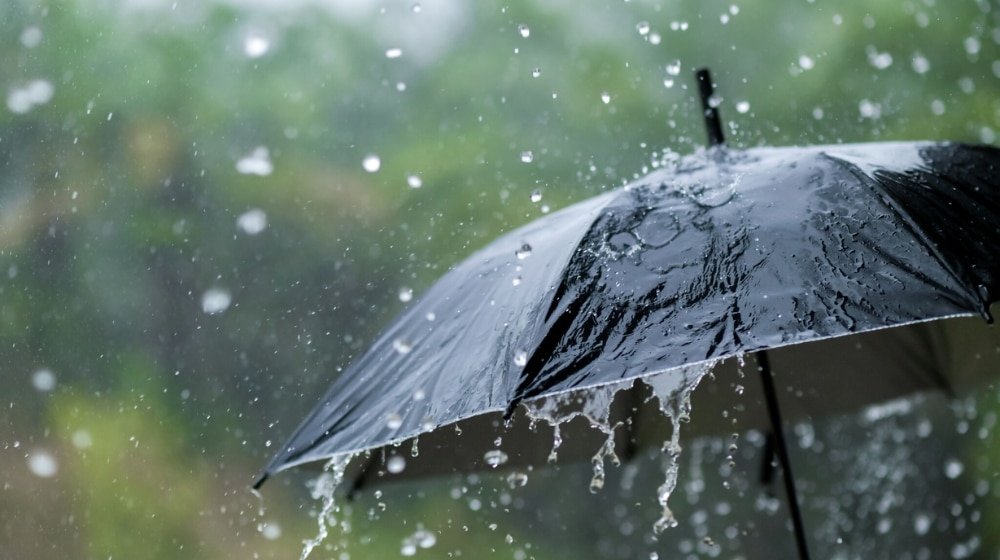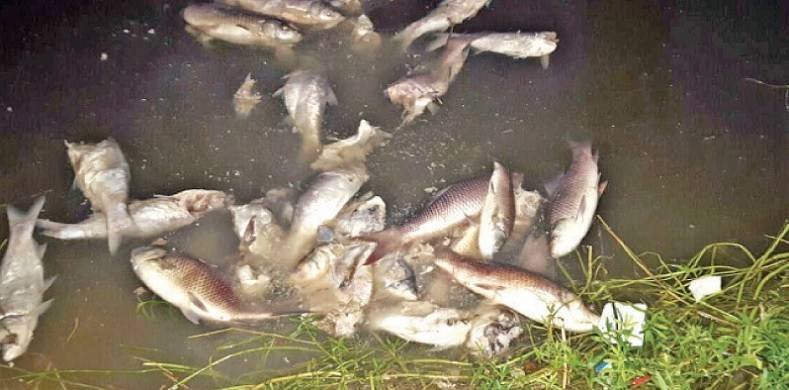A majority of Pakistan’s urban areas are facing serious health risks due to unsafe drinking water, with 61 per cent of water supplies in 29 cities found to be contaminated, according to a government report.
Major cities such as Karachi and Multan are among the worst affected, with contamination levels as high as 93 per cent and 94 per cent, respectively.
The report, presented by the Ministry of Water Resources, highlights alarming water safety concerns, particularly in Gilgit, Mirpur Khas, and Shaheed Benazirabad, where 100 per cent of drinking water was found to be unsafe.
As per the reports, other cities grappling with significant contamination include Bahawalpur (76 per cent), Sargodha (83 per cent), Faisalabad (59 per cent), and Sheikhupura (60 per cent).
Meanwhile, in Balochistan, the provincial capital Quetta, along with Loralai, reported 59 per cent contamination, while Hyderabad, Sukkur, and Muzaffarabad recorded 80 per cent, 67 per cent, and 70 per cent, respectively.
The Pakistan Council of Research in Water Resources (PCRWR), which conducted the study, regularly informs provincial authorities of its findings.
However, since the responsibility for providing clean drinking water was devolved to provincial governments following the 18th Constitutional Amendment, the report underscores the ongoing challenge of ensuring safe water supplies for millions amid rising public health and environmental concerns.














